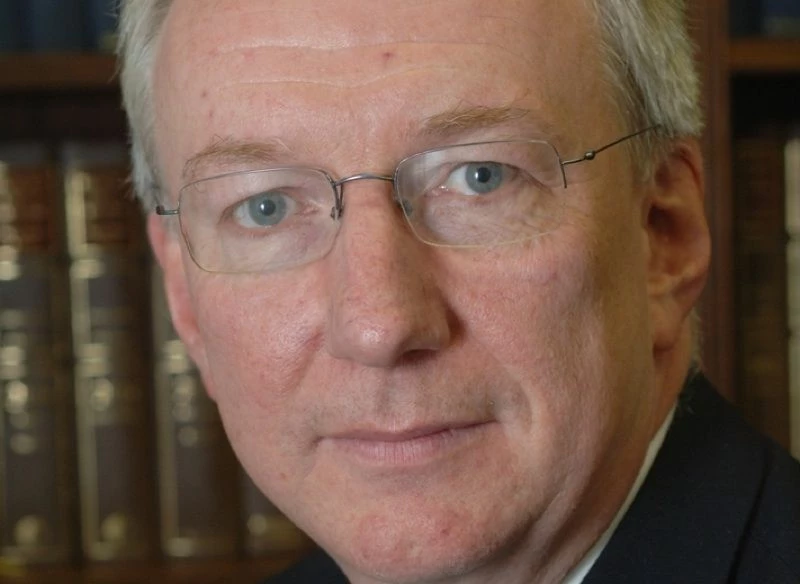
Partner Article
‘Protected conversations’ could lead to more litigation
Robert Gibson is managing partner of Samuel Phillips Law Firm, and a specialist in Employment Law. He says the Government’s proposed ’Protected Conversations’ legislation will result in more complexity for employers and more litigation.
The coalition government claims to be following a ‘pro-business’ agenda, but the imminent introduction of ‘Protected Conversations’ legislation will prove a hindrance to both the employer and employee.
‘Protected Conversations’ have been proposed by Vince Cable, the Business Secretary, as part of the Government’s Enterprise and Regulatory Reform bill which is currently making its way through Parliament. His intention is to give the employer greater protection when having a ‘frank’ conversation with an employee.
However, my understanding is that ‘Protected Conversations’ will serve only to confuse employers and will result in more litigation.
In this proposal, what is said within a ‘protected conversation’ is not admissible in unfair dismissal proceedings. However, there are exceptions when the content of that conversation would be admissible, such as dismissal for whistle blowing, discrimination cases or breach of contract.
How can such a proposal be workable? I foresee employers facing preliminary hearings to establish what sort of claim is being made and whether a conversation is admissible or not.
To illustrate, what would happen if an employee was offended by something said within a ‘protected conversation’ and consequently raised a grievance? How can the employer address a grievance based on something said within a ‘protected conversation’? However, when the employer doesn’t address the grievance, the employee could claim constructive dismissal.
Additionally, if anything said or done within that conversation was considered to be improper, then it is admissible in a tribunal. How does an employer determine what is and what is not ‘improper’?
Then consider if an employee makes more than one claim, alleging unfair dismissal as well as discrimination or breach of contract. For part of the claim the ‘protected conversation’ is not admissible, but for another part it is.
Litigation will be required to establish which conversations were protected and which were not, what was improper and what was not, and whether content from a conversation can be referred to – or not!
Contrary the Government’s stated aims, the introduction of ‘Protected Conversations’ legislation does not give the employer certainty. What it does do is add unnecessary complexity to an area of law that is, currently, relatively straight forward. After all, employers can already have without prejudice conversations and good employers have regular informal conversations.
Should the Government truly wish to deliver a ‘pro-business’ agenda, then would it not be wiser to leave employment law unchanged for a few years? Surely, employers would rather know what the rules are than be cast in to ever more uncertainty about what they can and can’t say to employees. Surely employers would rather be allowed to get on with the job of running their business.
This was posted in Bdaily's Members' News section by Samuel Phillips Law Firm .
Enjoy the read? Get Bdaily delivered.
Sign up to receive our popular morning National email for free.








 Raising the bar to boost North East growth
Raising the bar to boost North East growth
 Navigating the messy middle of business growth
Navigating the messy middle of business growth
 We must make it easier to hire young people
We must make it easier to hire young people
 Why community-based care is key to NHS' future
Why community-based care is key to NHS' future
 Culture, confidence and creativity in the North East
Culture, confidence and creativity in the North East
 Putting in the groundwork to boost skills
Putting in the groundwork to boost skills
 £100,000 milestone drives forward STEM work
£100,000 milestone drives forward STEM work
 Restoring confidence for the economic road ahead
Restoring confidence for the economic road ahead
 Ready to scale? Buy-and-build offers opportunity
Ready to scale? Buy-and-build offers opportunity
 When will our regional economy grow?
When will our regional economy grow?
 Creating a thriving North East construction sector
Creating a thriving North East construction sector
 Why investors are still backing the North East
Why investors are still backing the North East